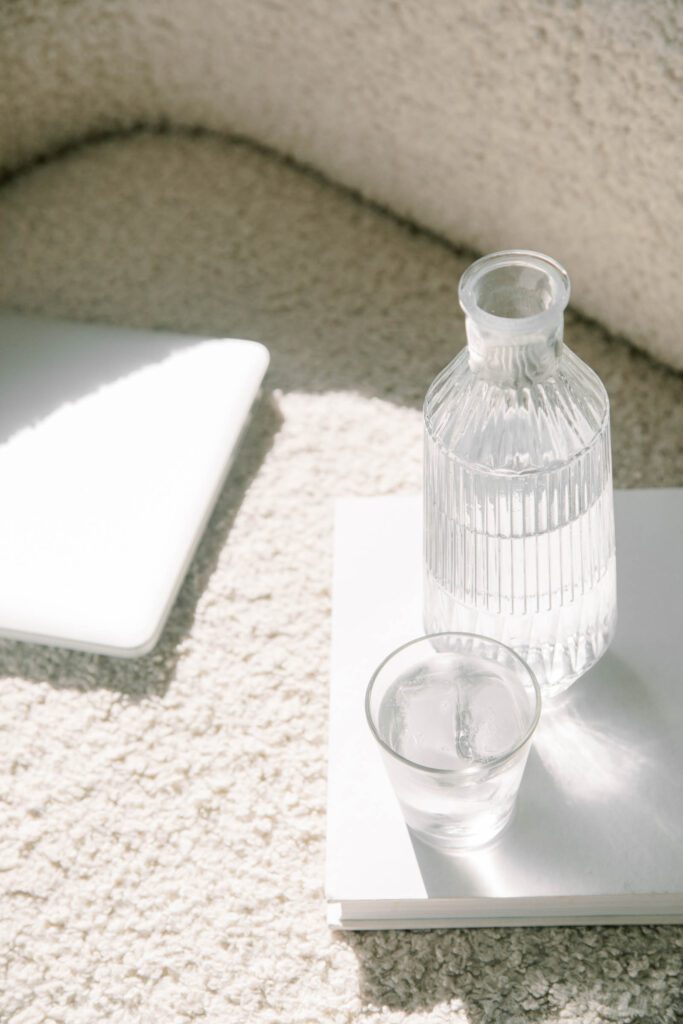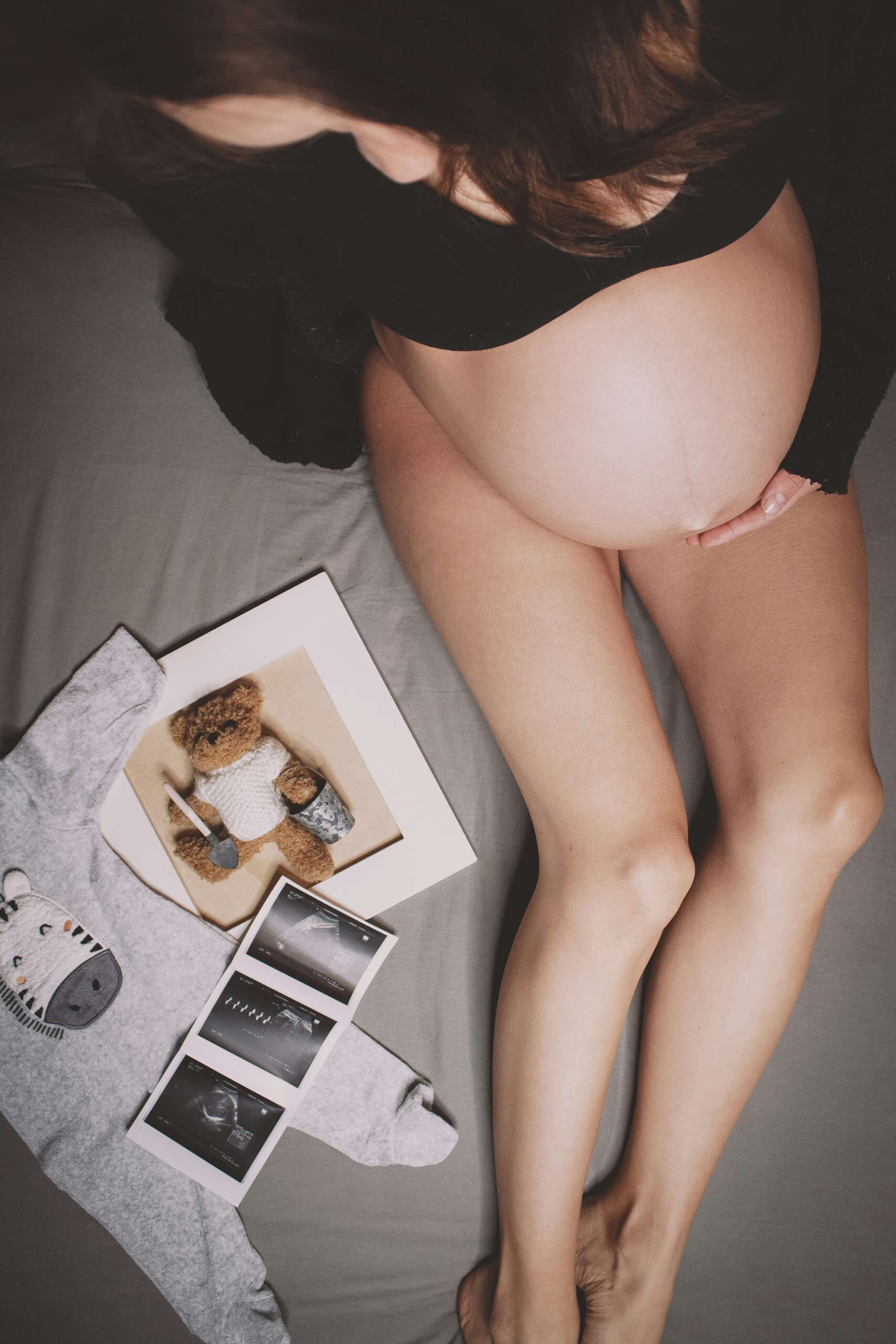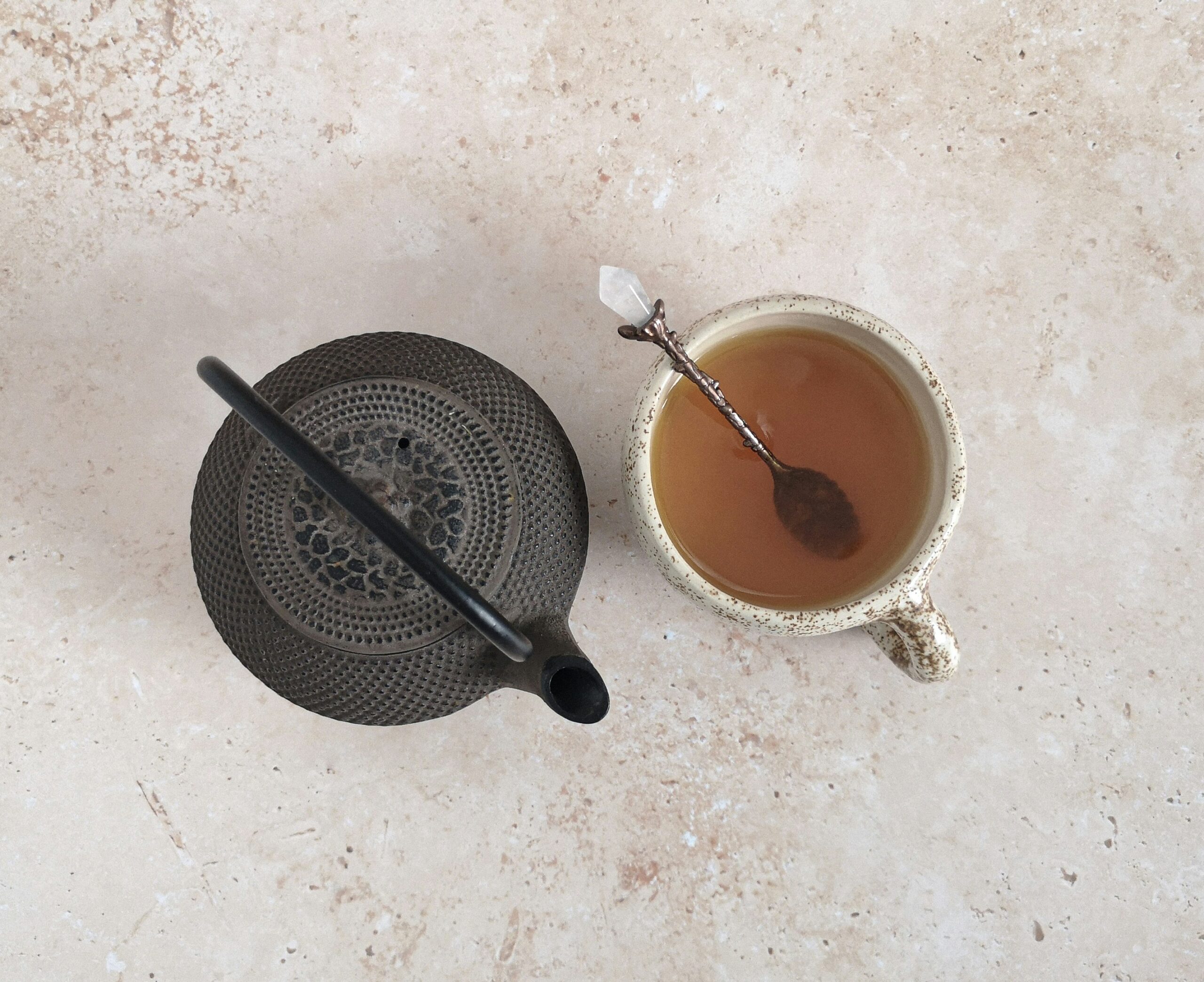

How to Reduce Bloating from Egg Collection Effectively? It was one of the key questions I’ve been trying to discover personally. So I did the research for you! Plus scroll further for your free checklist.
Experiencing bloating after egg collection is a common issue during fertility treatment. Staying hydrated and consuming a balanced diet rich in fibre can help alleviate bloating. It’s important to monitor your symptoms and consult with your healthcare provider, especially if the bloating becomes severe.
Your fertility journey can be challenging, but understanding how to manage side effects like bloating can make a big difference. Over-the-counter remedies may provide relief, but always seek medical advice before taking any new medication. Adequate rest and light physical activity, such as walking, can also support digestion and reduce discomfort.
Communicate openly with your healthcare provider about any concerns you have during the IVF process. They can offer personalised advice and adjustments to your fertility medications if necessary. For more detailed information, you can read about abdominal distention related to egg retrieval on ScienceDirect.
Get your FREE CHECKLIST HERE!
Understanding Bloating After Egg Collection
Bloating after egg collection is common and has various causes, including medication, fluid retention, and changes in hormone levels. You can manage symptoms with proper diet, fluid intake, physical activity, and rest. Recognise when to seek medical help and prepare for future treatments to minimise discomfort.
Causes of Bloating
Bloating after egg collection can be due to several factors. One major cause is ovarian hyperstimulation syndrome (OHSS), where the ovaries swell and leak fluid into the abdomen. Hormone levels play a role as well, as the medications used for stimulation can lead to fluid retention and gas. Additionally, the retrieval procedure itself, which involves inserting a needle into the ovaries, can cause pressure and tenderness.
Managing Symptoms
To manage bloating, it’s important to incorporate fluid intake and maintain hydration. Drinking electrolyte-rich beverages like coconut water and Gatorade can help manage fluid retention. Over-the-counter medications such as Tylenol can ease pain and cramping. Using a heating pad or hot water bottle on your abdomen might also relieve some discomfort. Ensure you rest well to aid recovery and listen to your body’s signals.
Diet and Fluid Intake
Proper nutrition is crucial for recovery and reducing bloating. Include high-fiber foods like vegetables, whole grains, seeds, nuts, legumes, and lentils to prevent constipation. Protein sources such as meat, seafood, and spinach support healing. Avoid high salt intake as it can increase fluid retention. Drink plenty of water to stay hydrated, but limit caffeine, which may cause dehydration and nausea.
Importance of hydration post egg collection
Maintaining proper hydration after an egg collection procedure is essential for promoting recovery, preventing complications, and supporting overall health. By staying well-hydrated, you can enhance your body’s ability to heal and prepare for the next steps in your fertility journey. Always follow your healthcare provider’s recommendations regarding fluid intake and any specific dietary guidelines they provide.


Here are some key reasons why staying well-hydrated is important:
1. Aids in Recovery
- Flushes Out Toxins: Hydration helps your body eliminate anesthesia and medications used during the procedure, promoting faster recovery.
- Reduces Inflammation: Adequate fluid intake can help reduce inflammation and swelling in the body, contributing to overall healing.
2. Prevents Complications
- Reduces Risk of Ovarian Hyperstimulation Syndrome (OHSS): OHSS can occur when the ovaries become swollen and painful after stimulation. Drinking plenty of fluids, especially electrolyte-rich solutions, can help prevent and manage this condition.
- Minimizes Constipation: Hydration supports healthy digestion and can prevent constipation, a common side effect of anesthesia and pain medications.
3. Supports Organ Function
- Kidney Health: Staying hydrated ensures your kidneys are functioning properly, which is essential for filtering waste and maintaining overall health.
- Maintains Blood Volume: Proper hydration helps maintain blood volume and pressure, which is particularly important after a surgical procedure.
4. Alleviates Common Post-Procedure Symptoms
- Reduces Bloating: While hydration can initially seem counterintuitive for bloating, it actually helps reduce water retention and flush out excess sodium, which can alleviate bloating.
- Eases Fatigue: Dehydration can contribute to feelings of fatigue and weakness. Staying hydrated helps maintain energy levels and improve overall well-being.
Tips for Staying Hydrated
- Drink Water Regularly
- Consistent Intake: Aim to drink small amounts of water consistently throughout the day rather than large amounts at once.
- Set Reminders: Use reminders or apps to help you remember to drink water regularly.
- Incorporate Hydrating Foods
- Fruits and Vegetables: Include water-rich foods like cucumbers, watermelon, oranges, and strawberries in your diet.
- Soups and Broths: These can also be a good way to increase fluid intake, especially if you’re feeling less inclined to drink plain water.
- Use Electrolyte Solutions
- Oral Rehydration Solutions: Consider drinking electrolyte solutions, especially if you are at risk for OHSS, as they help maintain a proper balance of electrolytes in your body.
- Avoid Sugary Drinks: Opt for electrolyte drinks that are low in sugar to avoid unnecessary calorie intake and potential spikes in blood sugar levels.
- Monitor Urine Color
- Check for Hydration Levels: Light yellow urine typically indicates adequate hydration, while dark yellow or amber urine can be a sign that you need to drink more fluids.
- Listen to Your Body
- Respond to Thirst: Drink water whenever you feel thirsty, as this is your body’s natural signal that you need more fluids.

Physical Activity and Recovery
Light physical activity can help reduce bloating by moving gas through the digestive system. Gentle walks and stretching can be beneficial. Avoid strenuous exercise, which can worsen symptoms and risk hurting the ovaries. Adequate rest is essential for recovery, especially in the days immediately following the procedure. Listen to your body and resume normal activities gradually.
Benefits of Exercise Post-Egg Collection
- Promotes Circulation
- Enhanced Blood Flow: Light exercise stimulates circulation, which can help reduce swelling and promote healing in the reproductive organs.
- Oxygen Delivery: Improved blood flow delivers more oxygen and nutrients to tissues, aiding in quicker recovery.
- Reduces Bloating and Discomfort
- Alleviates Gas and Bloating: Gentle physical activity can help move gas through the digestive system, reducing bloating and abdominal discomfort.
- Prevents Constipation: Regular movement can stimulate bowel function, preventing constipation, a common issue after anesthesia and pain medications.
- Supports Mental Health
- Stress Relief: Exercise releases endorphins, which can help reduce stress and anxiety often associated with fertility treatments.
- Improves Mood: Physical activity can enhance your mood and provide a sense of well-being during the recovery period.
- Maintains Muscle Tone and Strength
- Prevents Deconditioning: Engaging in light exercise helps maintain muscle tone and prevents physical deconditioning during the recovery period.
- Builds Stamina: Gradual reintroduction of exercise can help rebuild your stamina and prepare your body for subsequent fertility treatments.
- Regulates Weight
- Prevents Weight Gain: Light exercise can help manage weight, preventing unwanted weight gain that might occur from decreased activity and hormonal treatments.
Guidelines for Exercise Post-Egg Collection
- Start with Light Activities
- Walking: Begin with gentle activities such as walking, which can help improve circulation and digestion without putting strain on your body.
- Stretching: Incorporate gentle stretching exercises to maintain flexibility and relieve muscle tension.
- Avoid High-Impact Exercises
- Limit Strenuous Activities: Refrain from high-impact exercises, heavy lifting, or intense workouts for at least a week or as advised by your healthcare provider.
- Listen to Your Body: Pay attention to how your body feels. If you experience any pain, discomfort, or unusual symptoms, stop exercising and consult your doctor.
- Gradually Increase Intensity
- Slow Progression: Gradually increase the intensity and duration of your exercises as you feel comfortable and as recommended by your healthcare provider.
- Monitor Your Response: Keep track of how your body responds to increased activity and adjust your exercise routine accordingly.
- Include Core Strengthening
- Gentle Core Exercises: Incorporate gentle core strengthening exercises to support your abdominal and pelvic muscles. Avoid any exercises that cause strain or discomfort.
- Pelvic Floor Exercises: Kegel exercises can strengthen the pelvic floor muscles, which is beneficial for overall reproductive health.
- Stay Hydrated
- Drink Plenty of Water: Ensure you stay well-hydrated before, during, and after exercise to support overall health and recovery.
- Consult Your Healthcare Provider
- Get Professional Advice: Always consult with your healthcare provider before starting or modifying your exercise routine, especially after a medical procedure like egg collection.
When to Seek Medical Help
Contact your healthcare provider if you experience severe or worsening pain, excessive bloating, rapid weight gain, or difficulty breathing. These could be signs of OHSS, which requires medical attention. Other concerning symptoms include nausea, vomiting, increased fluid retention, and heavy bleeding post-procedure. Early intervention can prevent complications and ensure your safety.
Preparation for Future Treatments
To prepare for future IVF cycles or treatments, discuss strategies with your healthcare provider to minimise bloating and discomfort. Adjustments in hormone stimulation protocols can reduce the risk of OHSS. Staying well-hydrated and maintaining a balanced diet are critical steps. Understanding your body’s response to medication helps tailor future treatments to your needs, potentially improving outcomes.
Additional Tips
- Avoid Sexual Intercourse
- Temporary Abstinence: Refrain from sexual intercourse for at least 48 hours or as advised by your doctor to reduce the risk of infection and allow your body to heal.
- Stay Informed
- Educate Yourself: Understand the next steps in your fertility treatment plan. Ask your healthcare provider any questions you have about the process and what to expect.
- Wear Comfortable Clothing
- Loose and Soft: Opt for loose-fitting, comfortable clothing to avoid putting pressure on your abdomen and to reduce irritation.



Comments +